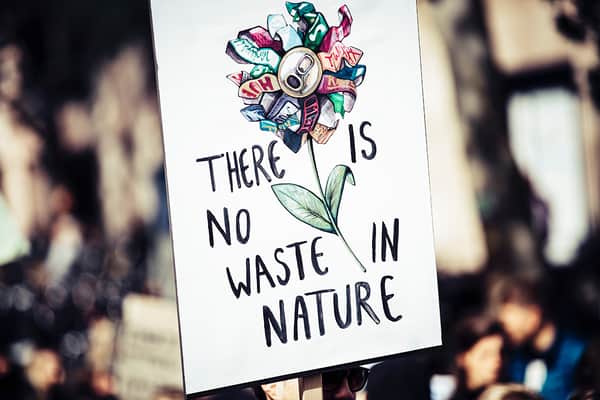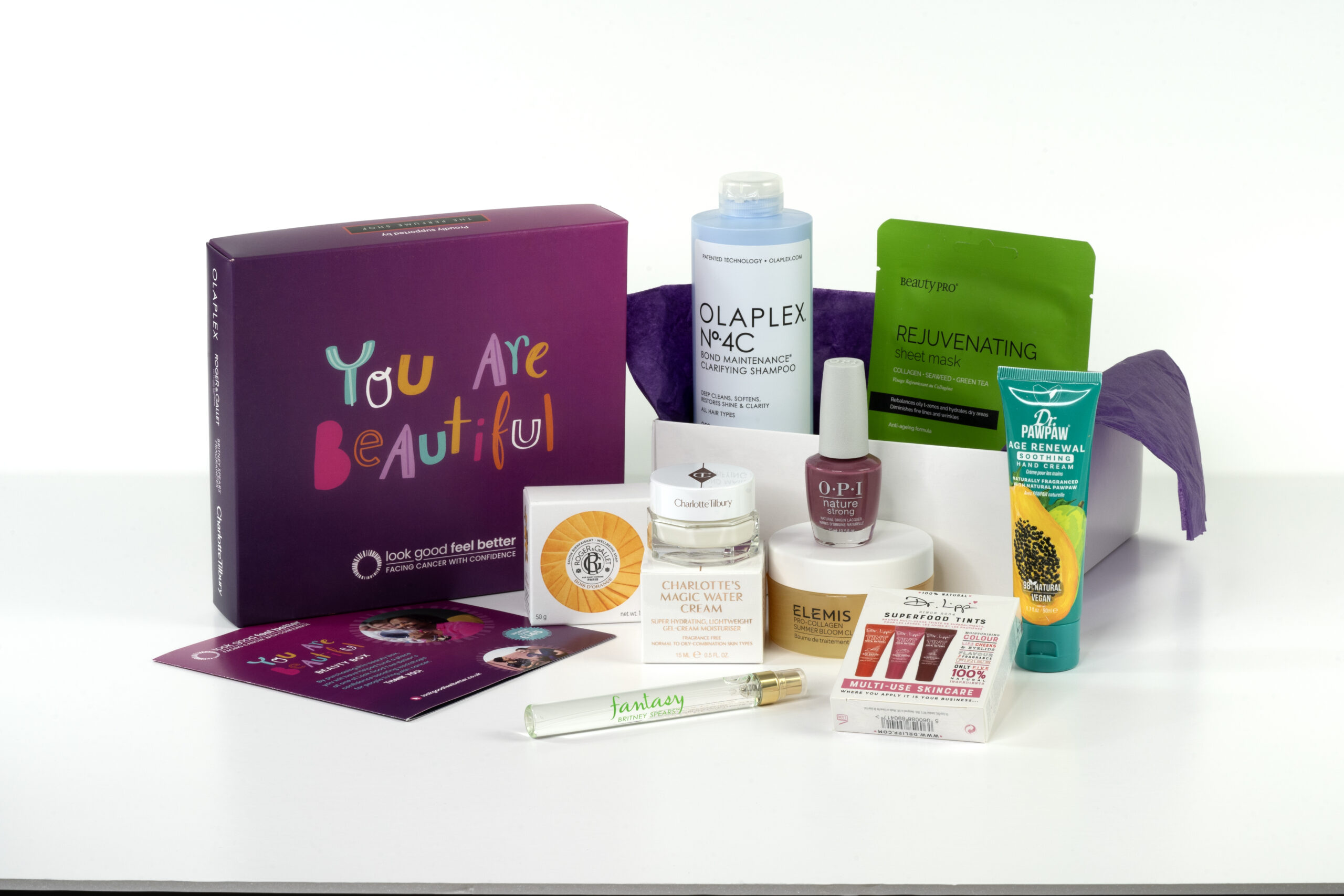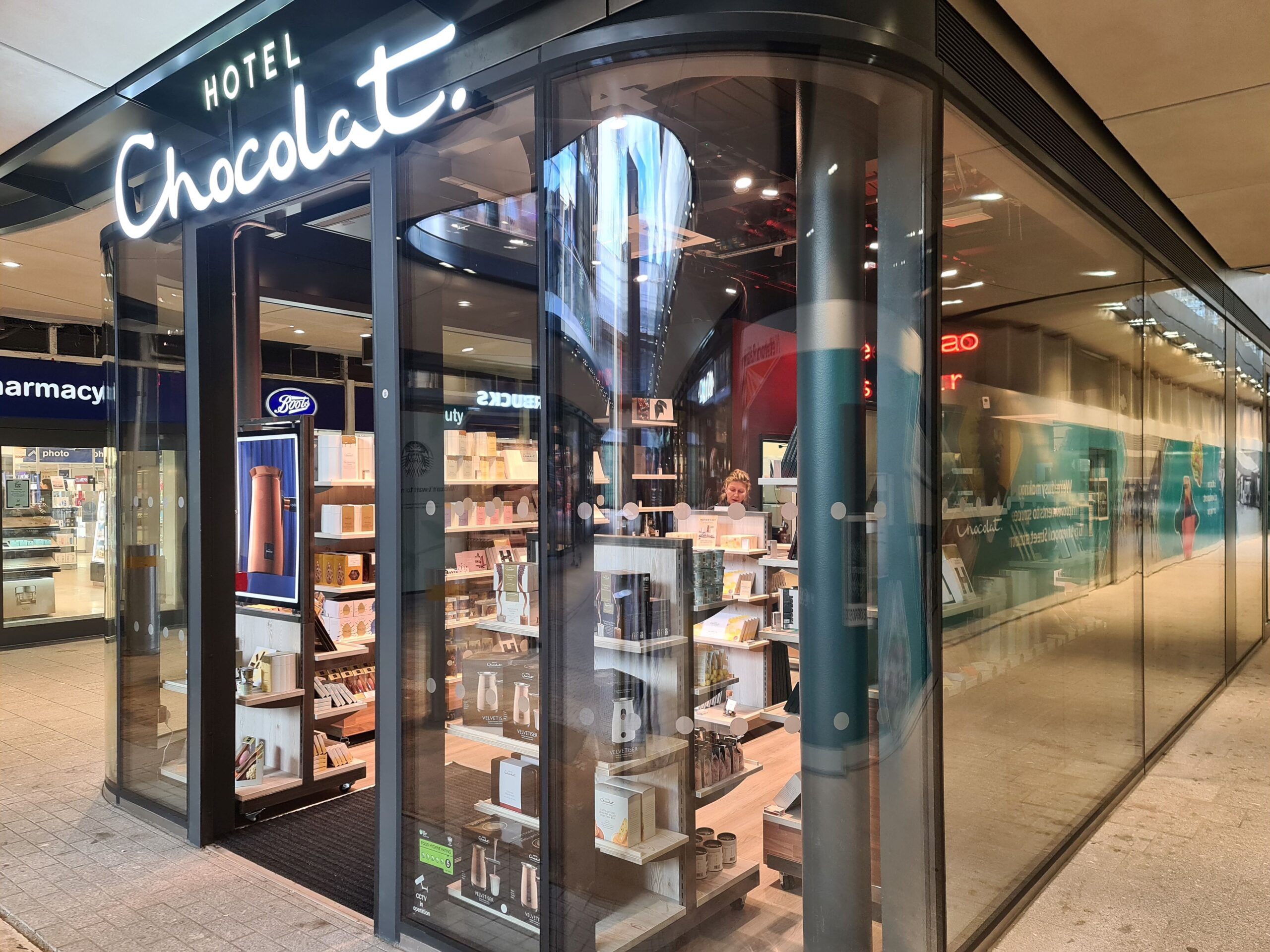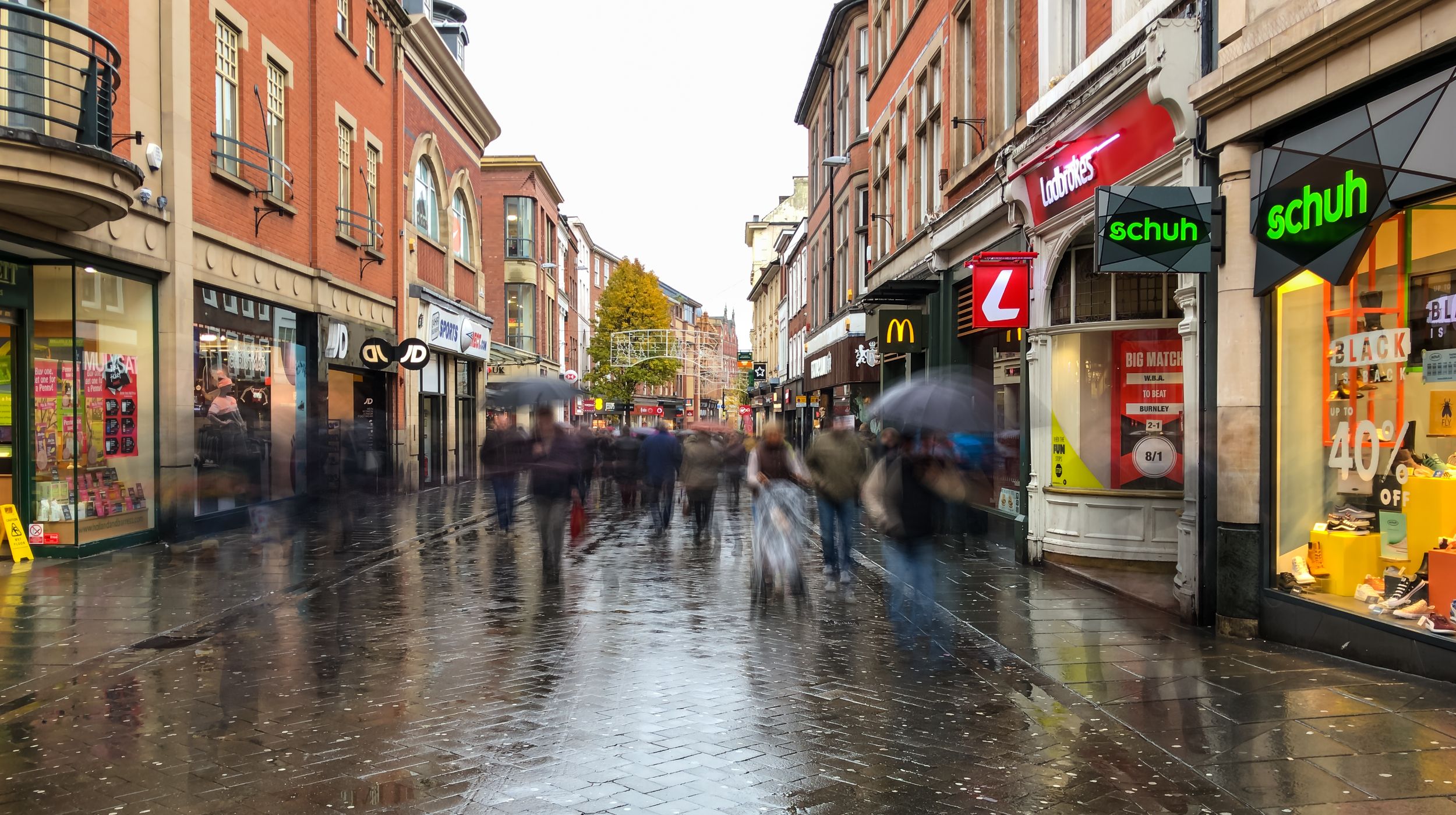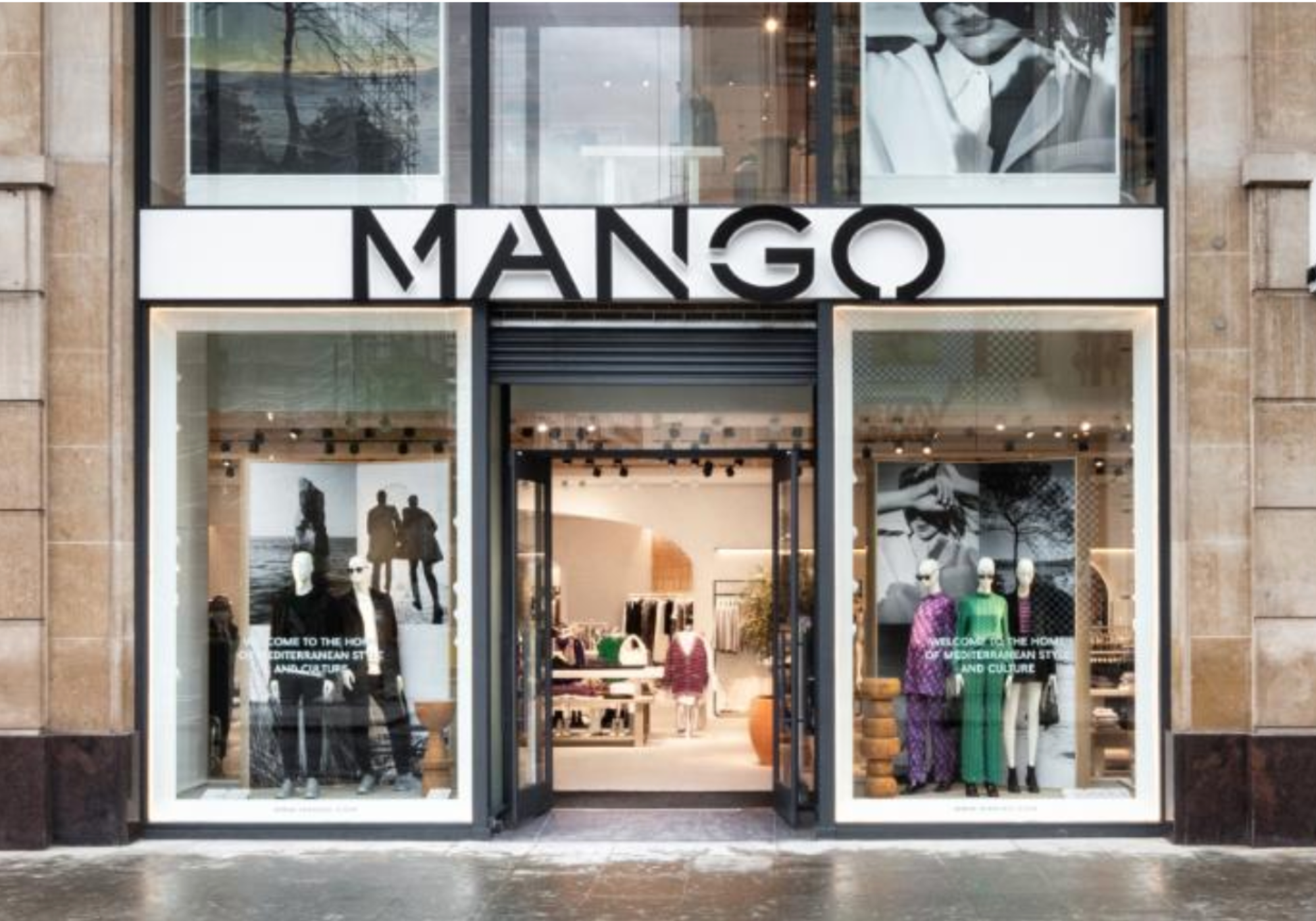The vast majority (96%) of retailers have taken steps to be more sustainable across their operations since the pandemic, but there remains a huge gap between what brands say they want and what they’ll actually do to improve their sustainability practices.
As the UN COP26 climate conference approaches and in the wake of the coronavirus pandemic, retailers are actively seeking out more sustainable ways of operating, a research report from Visualsoft and Klarna has revealed.
Based on a survey carried out across 200 retailers in the UK by independent research firm Onepoll, the GET. SET. GROW report reveals 96% of brands have implemented some sort of sustainability strategy.
“Sustainability is becoming more important as environmental concerns influence consumer choice,” says Dean Benson, CEO at Visualsoft. “This shift in mindset has become a powerful driving trend for retailers, even more so since COVID-19. However, whilst the vast majority of retailers say they have taken steps to be more sustainable across their operations, our research shows there is still a long way to go.”
However, Benson warns that “There remains a huge gap between what brands say they want and what they’ll actually do to improve their sustainability practices. This goes for shoppers and brands alike”.
Changing operations and manufacturing
The research found that just a third (36%) of retailers are using recycled materials in the manufacturing of new products. Whilst only 24% are using renewable materials and 24 percent using fewer resources in the production of goods.
Even more concerning, the findings suggest that only 29% of retailers are consolidating packages when shipping products to customers, while just 24% of UK brands say they partner with environmentally friendly delivery companies.
The cost of returns, on the environment, has long been a key focus for retail critics. 25% of brands said they are putting an emphasis on instore returns, and 22% are replacing items without forcing customers to return the original product.
Additionally, 23% of retailers suggested they are re-using or refurbishing returned goods. A quarter are using their ecommerce marketplace to resell used merchandise.
Attracting ethical consumers through partners
With retailers working hard to improve their green credentials, suppliers and commerce partners are also taking action. Klarna for example is championing ethical spending amongst its 90 million customers and 18 million monthly app users with a combination of initiatives from tracking shoppers’ carbon footprints on their app to ‘give backs’ that donate a proportion of spend to support worthy environmental causes – all backed by a £10 million green fund.
A recent study by E.ON found that over a third (36%) of people in the UK are buying products from companies with strong environmental credentials. A further 80% said they plan to purchase goods from businesses they know have made a concerted effort to be environmentally friendly, with consumers willing to pay a premium for green products.
Benson says: “Not only has the discussion about the climate regained new focus ahead of COP26, but businesses are also encouraged by it. Sustainability is becoming a big trend in the packaged goods and fashion industry as environmental concerns are increasingly top of mind for consumers.”
He continues: “Retailers are under increasing pressure to update their operations. In an ideal world, all online retailers would completely overhaul their processes and become carbon neutral tomorrow. However, this is not realistic. That being said, there are many ways that retailers can work towards becoming greener quicker as part of their overall sustainability plans, such as optimising their eCommerce site with detailed product information, to ensure customers only buy the products they will love and keep.
Benson concludes: “The old model of retailing no longer works, as the pandemic has forced more consumers online. Making online shopping more sustainable is paramount, not only for retailer success but more importantly for the fate of our planet.”

